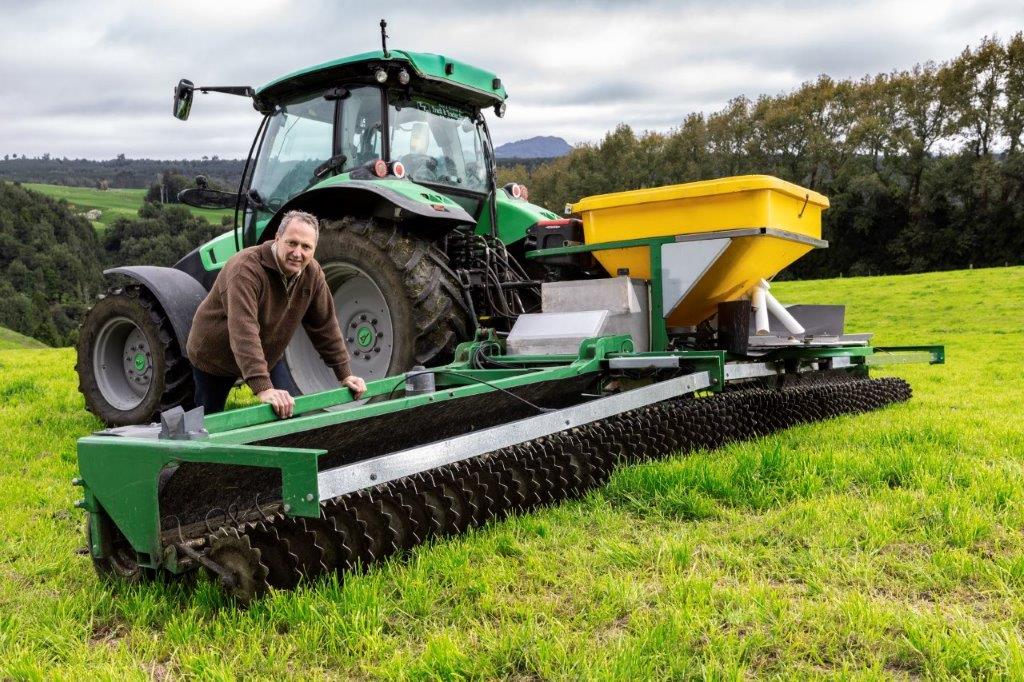Pastoral Robotics wins 2019 IMechE Energy Environment and Sustainability Group prize. The Institute of Mechanical Engineering (IMechE)[1], one of the oldest and most internationally respected professional mechanical engineering bodies in the world, has just awarded Pastoral Robotics the Energy Environment and Sustainability Group prize. This annual prize is to be awarded to a Mechanical Engineer who has taken significant steps to bridge the gap between an unsustainable present and a more sustainable future. Geoff Bates, managing director of Pastoral Robotics, says ‘The award is recognition of the impact that Pastoral Robotics Limited’s technology will have on the world’s environment, minimising nitrate leaching and greenhouse gas emissions from Pastoral Farming. It is great to see NZ innovation being recognised by such a prestigious professional body.  The award is hugely gratifying and an honour to be recognised internationally. Geoff will speak at the group’s annual meeting in December at 1 Birdcage Walk, London, a venue that is a bastion of engineering history. Geoff sees the impact of farming on the environment as one of the most serious technical challenges of our time, one we have to solve in a manner that improves productivity and our standard of living without putting livelihoods at risk, ‘innovative new technology is the best, if not the only, way we can achieve this.’ [1] IMechE, based in London, was founded in 1847 and currently has 120,000 members in 140 different countries, see www.imeche.org/about-us Geoff Bates with Spikey® Pastoral Robotics’ technology - Spikey® applies NitroStop® to urine patches to grow more pasture by harvesting the urine nitrogen. The Spikey® technology has proven to grow more grass, reduce nitrogen discharge to the air and water whilst improving profitability. Spikey is a platform for targeted treatment of the main source of leaching - cow urine spots. The precision Spikey provides opens up a multitude of opportunities to specifically target nitrogen losses to the air and water, it is a paradigm shift in the way pastoral farming can be managed.
0 Comments
|

 RSS Feed
RSS Feed
